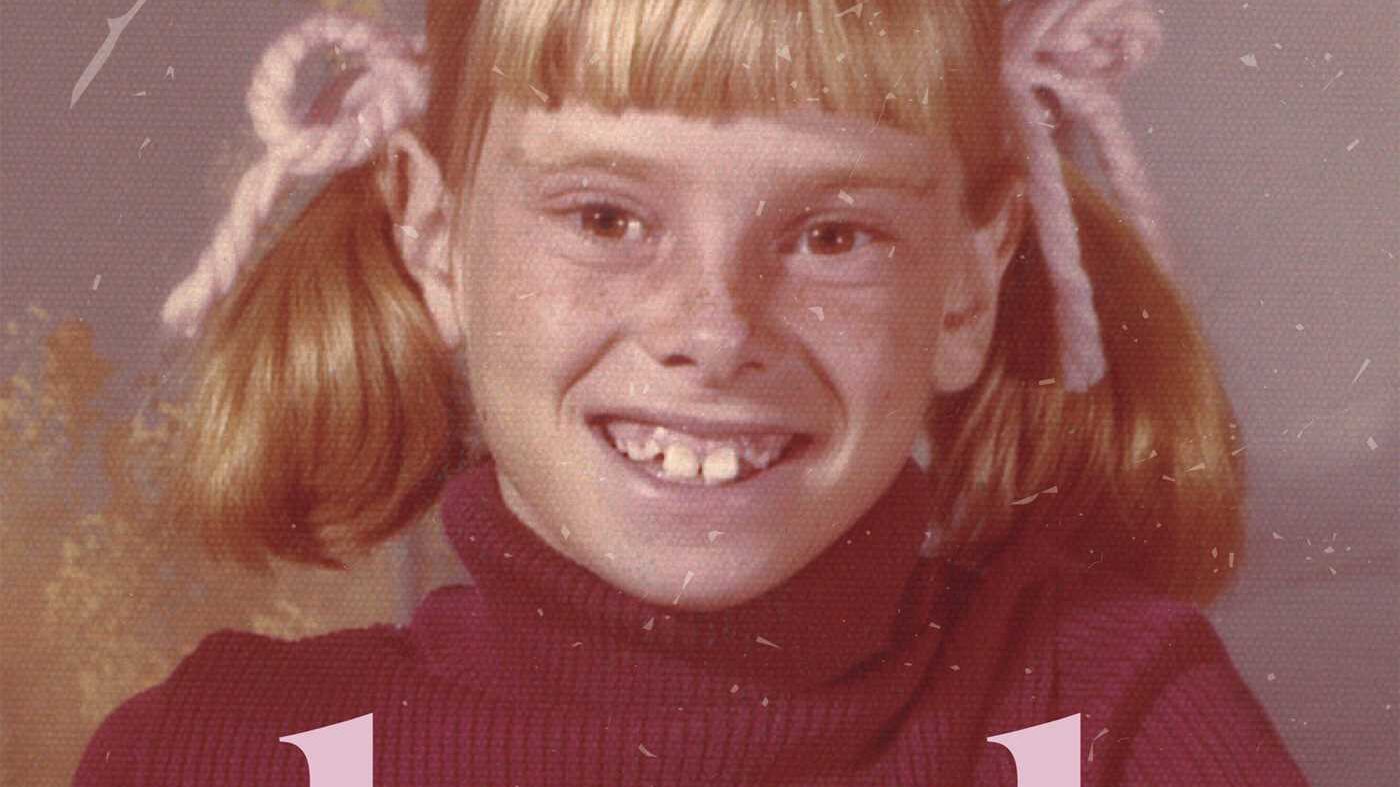Heidi Yewman has spent the past two decades witnessing the heartbreaking stories of people whose lives have been destroyed by gun violence. She has sat with mothers whose children died in school shootings, teenagers who accidentally killed a sibling, shooters haunted by someone they killed in self-defense, and prison inmates grappling with the lives they’ve taken.
Now, it’s her turn to be witnessed.
In her upcoming memoir, Dumb Girl (She Writes Press, 296 pages, $17.99), Yewman—an award-winning documentary filmmaker and renowned gun violence prevention advocate—shares her own lived experience as a sexual abuse survivor to explore how witnessing and being witnessed can change lives and lead to healing.
During the height of the #MeToo movement, in 2018, Yewman sat in a Santa Monica theater listening to Jane Fonda speak about the epidemic of sexual crimes against women. Fonda turned to the audience and asked anyone who had experienced sexual violence to stand up. To say, “Me too.”
“I couldn’t look up or back. I couldn’t even move,” Yewman writes in the book. Eventually, caught between the shame of standing and the shame of staying seated, Yewman makes a decision. She writes in the opening chapter of the book: “I stood. But not in power.”
Feeling shame surprised Yewman. “I was so proud of the gun violence prevention work I was doing. I felt strong and I felt important, so when [Fonda] asked the audience to stand up, and I felt so much shame, it really pissed me off. Like this isn’t who I am, like I am not the person who doesn’t stand up. I remember just thinking, this is living inside of me,” Yewman tells WW. “I was like, oh my God, I got to get this out of me. I can’t be in the shame anymore.”
For Yewman, the path out of that shame meant revisiting a childhood in which she was repeatedly referred to as a “dumb girl,” physically abused by her father, neglected by her mother, and sexually molested by a sibling. The book unflinchingly describes trauma, opening with a scene of 5-year-old Yewman being punched in the face by her father. And yet the book also includes surprisingly heartfelt moments with her parents: times when they took accountability, when they showed up for their kids with support. At one point, Yewman tells her mother about the years of sexual abuse she’s endured. Her mother turns to her and tells Yewman, “I need you to know that you’ve done nothing wrong. You don’t need to worry about it anymore.” True to her word, Yewman’s mother ensures the abuse stops.
It was important to Yewman to include this level of complexity. “When you’re in a family that has abuse, it’s both things. I have incredible happy memories, and then I also have these horrible memories, and it’s both,” she says. “We’re in this world that’s polarized right now, in this culture where everything needs to be black and white, you’re pro gun, you’re anti gun, your family’s abusive, or it’s not. There’s nuance, and there’s always nuance, and that’s what I think makes it really hard for survivors of abuse.”

What is the power of sharing a story? Of telling another human what happened to you, and being witnessed in that horror? And why, for those who have suffered so enormously, is it so rare to just be listened to? Having interviewed hundreds of gun violence survivors, Yewman has seen firsthand how transformative it is to share your story. In 2009, Yewman wrote Beyond the Bullet, a book that explored the lives of 19 gun violence victims. A decade later, she decided to show the impact of gun violence from a different angle, the person who pulled the trigger. Her documentary, Behind the Bullet, shows the enormous toll that a shooting can have on the shooter.
Yewman recounts in Dumb Girl sitting with a mother whose son was killed in the Capitol Hill massacre nearly 20 years ago. As the woman speaks about her son, she begins to cry so hard that Yewman can’t understand her. Eventually, Yewman turns off the tape recorder and tells the woman that she thinks the interview might be retraumatizing her. The woman immediately refuses, explaining that this is the first time she’s been able to tell her entire story to another person from beginning to end. “I go to support groups and I talk for like 10 minutes, and then I have to stop and let someone else go,” the woman says in the film. Yewman turns the recorder back on, and the interview continues.
“When I was interviewing people who’ve experienced this incredible trauma, I wasn’t pulling them out of the pit of pain that they were in. I was going into the pit with them,” Yewman says. “People oftentimes don’t get that experience.”
For Yewman, this kind of experience isn’t just impactful to the person being witnessed; it’s profound for the witness as well. “I really got drawn to the stories, and I now know that it was me wanting to understand trauma,” she says. “How do you reconcile that kind of trauma, and how do you move on in life, and how do you survive, and how do you thrive?”
